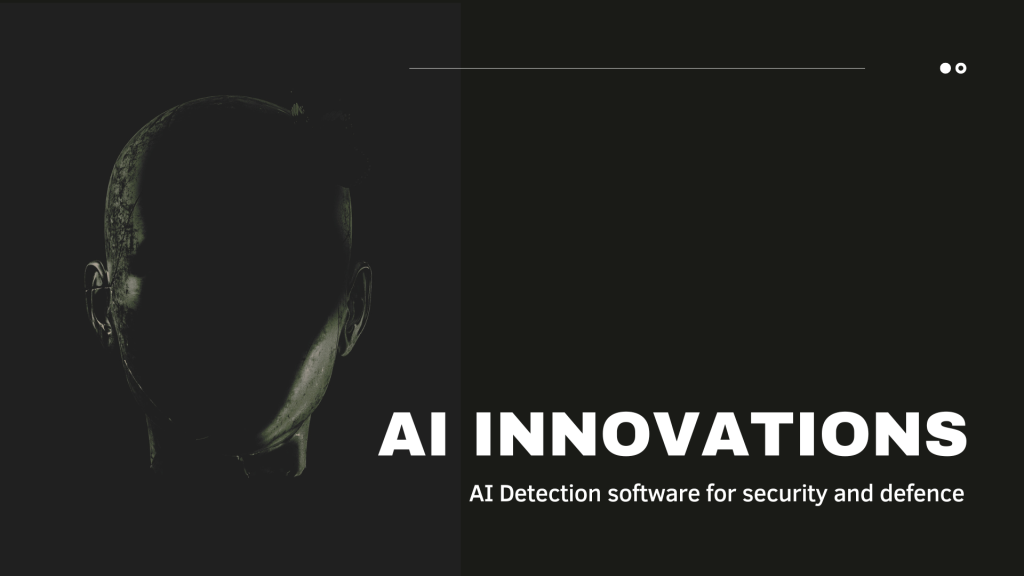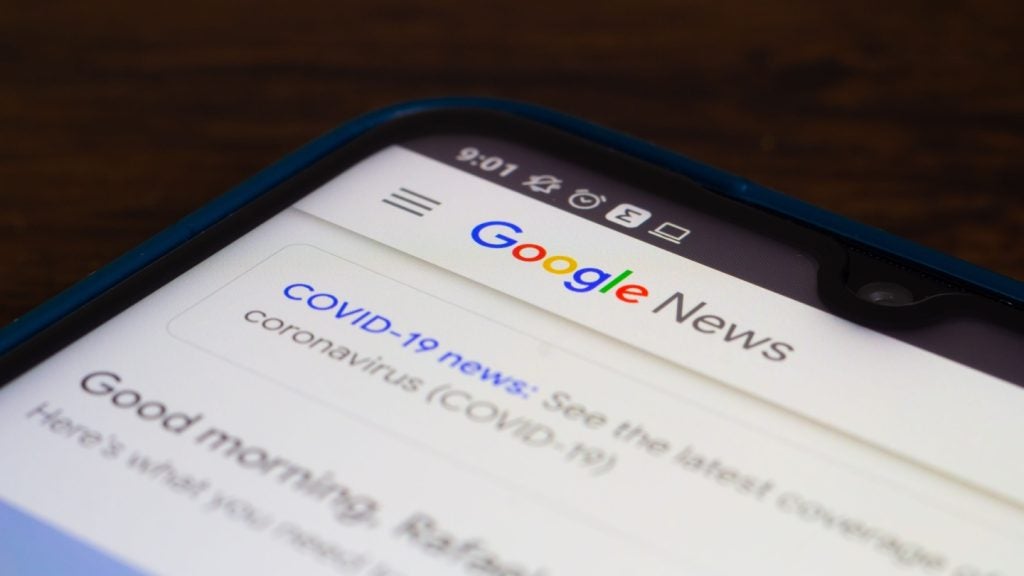
Radio technologies, such as GPS, have enabled mobile customers ever-more precise location capabilities that have dramatically altered their lives. However, a new company, Forkbeard Technologies based in Norway, is promising dramatic improvements in location capabilities by relying on arguably the simplest function on your smartphone: audio.
Let’s start with the basics: location technologies are already accurate and only getting more so, both outdoors and in. Since GPS, which started as a government-only technology, was introduced to the public in 2000, outdoor location capabilities have improved in accuracy, from being able to locate a device from five meters to just 30 centimetres due to advanced satellite-tracking technologies. This has enabled GPS to evolve from a technology that was only accurate enough to support in-vehicle navigation systems to a smartphone-friendly technology that now regularly supports applications such as Uber and Lyft that require relatively accurate measurements so that drivers and passengers can easily find one another.
Similarly, indoor location accuracy has seen much improvement recently. Wi-Fi location measures the time it takes for wireless signals to travel from smartphone to surrounding access points to be accurate within one meter. Similarly, Bluetooth location capabilities rely on signal strength measurements to enable accuracy of about one metre.
Now a new technology promises to take the advancements already underway in Bluetooth one step further by using audio processing capabilities built into Bluetooth to vastly expand the addressable market for ultra-precise indoor location technologies.
Forkbeard, established earlier in 2019, claims centimetre-level accuracy is achievable by combining Bluetooth’s signal strength measurements with inaudible ultrasound signals picked up by a smartphone’s microphone. The company’s Fast Ultrasound Echo-Locate (FUEL) technology claims accuracy through >99.9% of a room.
Conveniently, Forkbeard’s sister company, Sonitor Technologies, licenses the technology required to take advantage of the combined Bluetooth/ultrasound capabilities. Sonitor has invested in ultrasound technology for over 20 years and licenses its IP to device manufacturers in a variety of vertical markets.
How well do you really know your competitors?
Access the most comprehensive Company Profiles on the market, powered by GlobalData. Save hours of research. Gain competitive edge.

Thank you!
Your download email will arrive shortly
Not ready to buy yet? Download a free sample
We are confident about the unique quality of our Company Profiles. However, we want you to make the most beneficial decision for your business, so we offer a free sample that you can download by submitting the below form
By GlobalDataForkbeard believes the technology will be ideal for smart buildings, healthcare facilities, warehouses and distribution centres as well as for creating immersive retail experiences. In the automotive segment, Forkbeard envisions its technology enabling applications that prevent drivers from texting while the car is in motion and automatically adjusts seats, mirrors, climate, and audio settings based on who is in the driver’s seat.
The irony of Forkbeard’s technology is that at a time when smartphone users, especially the youth segment, find fewer and fewer reasons to use their phones to make voice calls, Forkbeard relies on conventional audio signals to enhance its location accuracy. What’s old may be new again.









Related Company Profiles
Lyft Inc